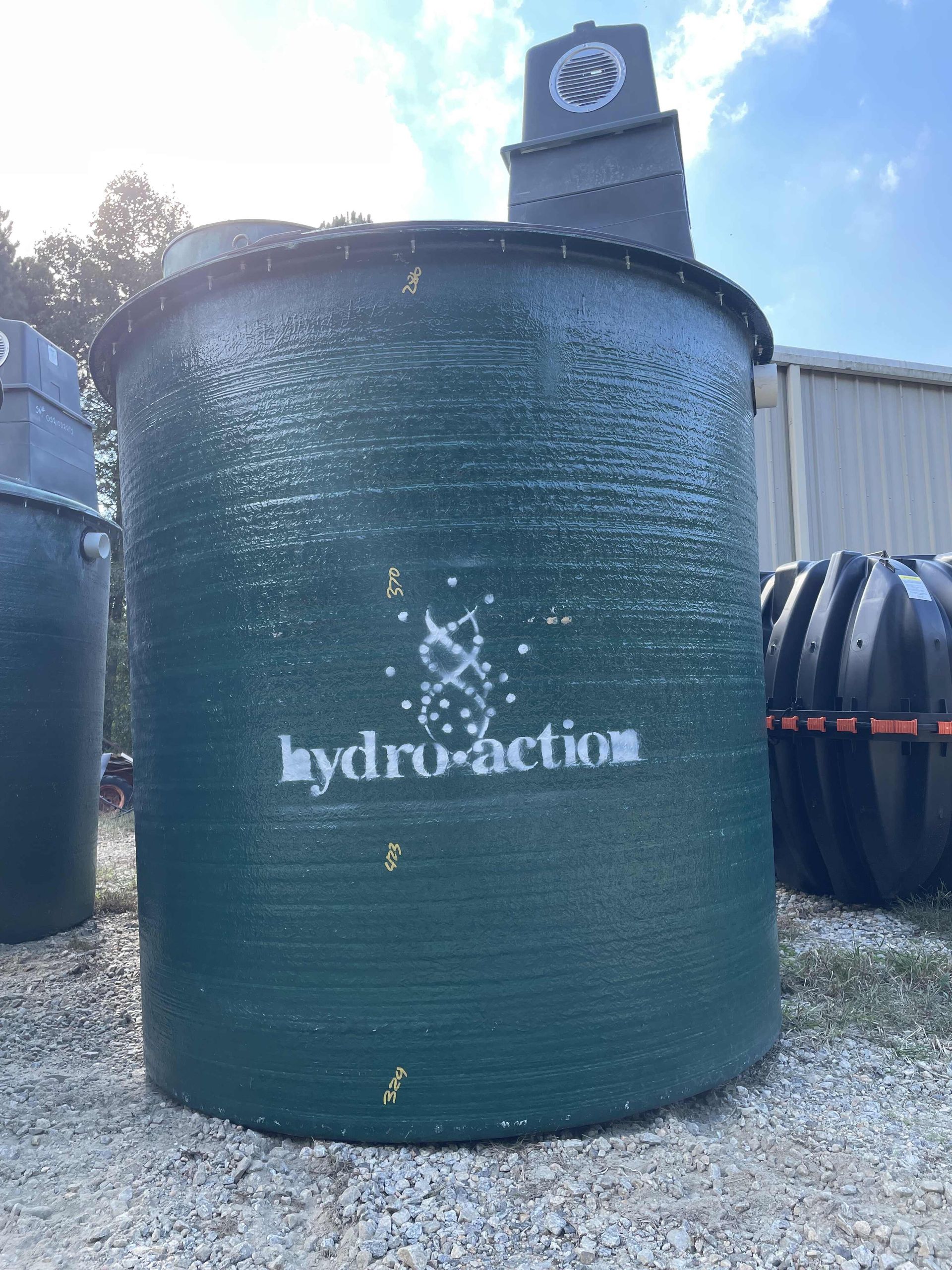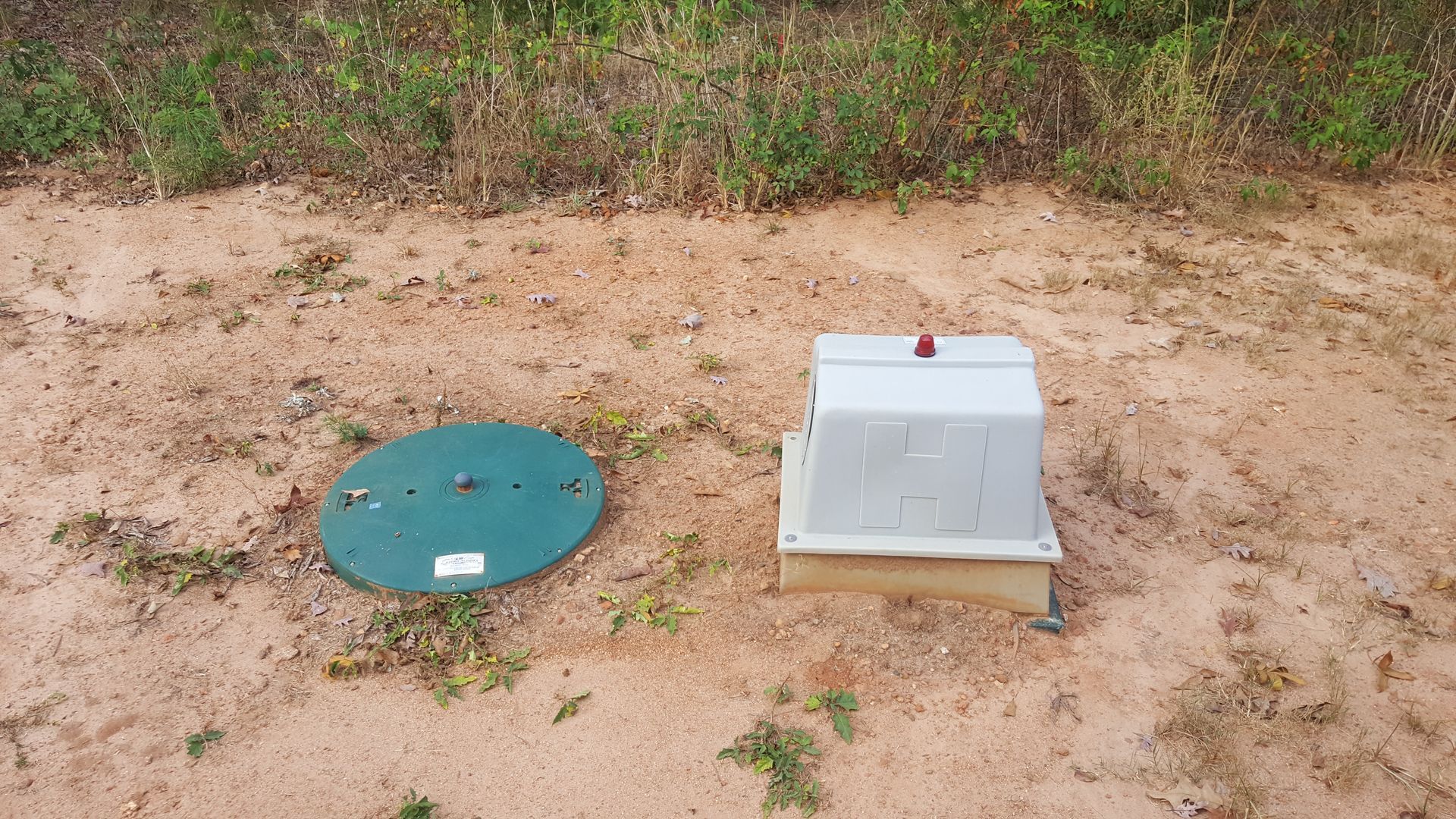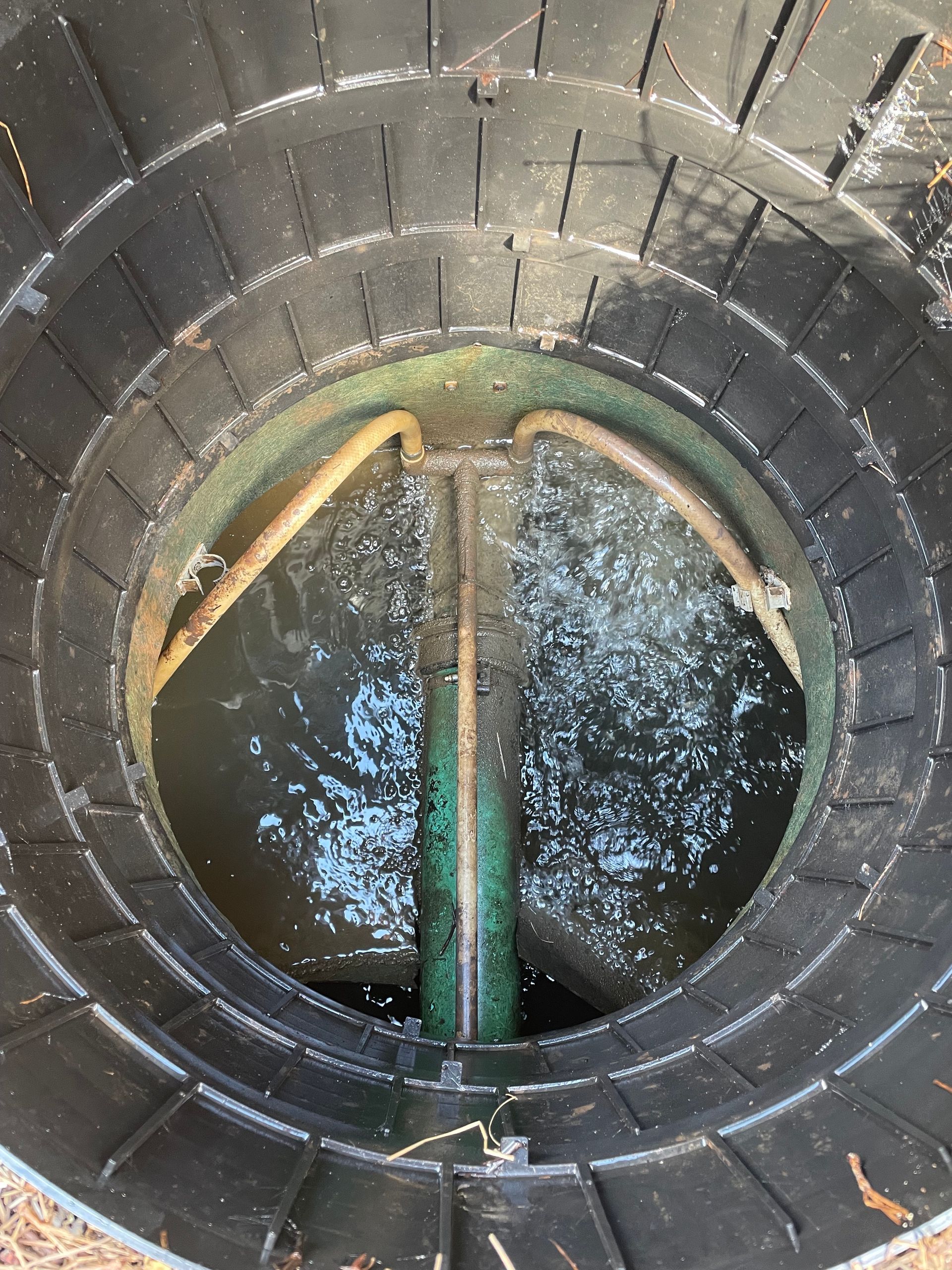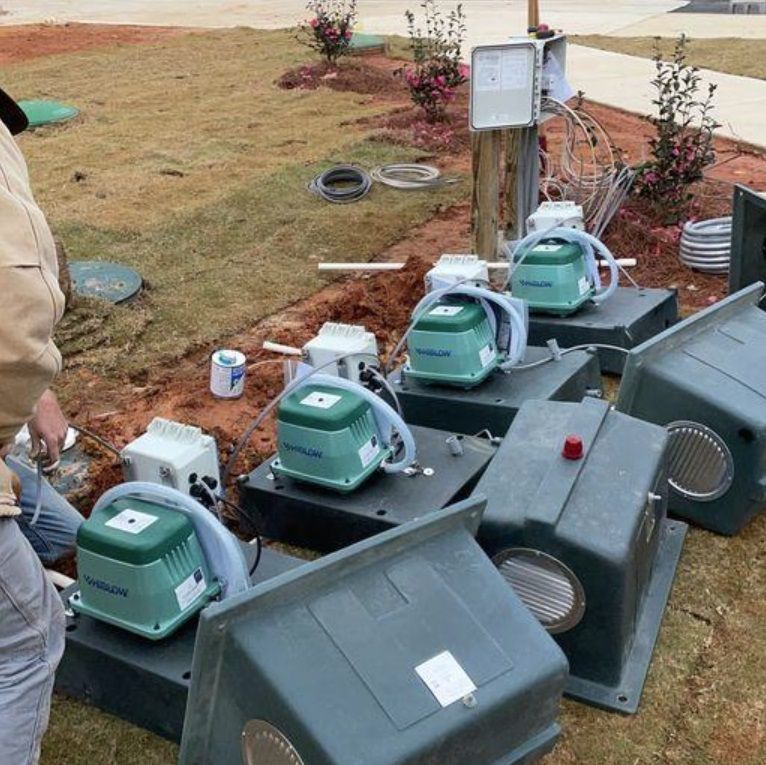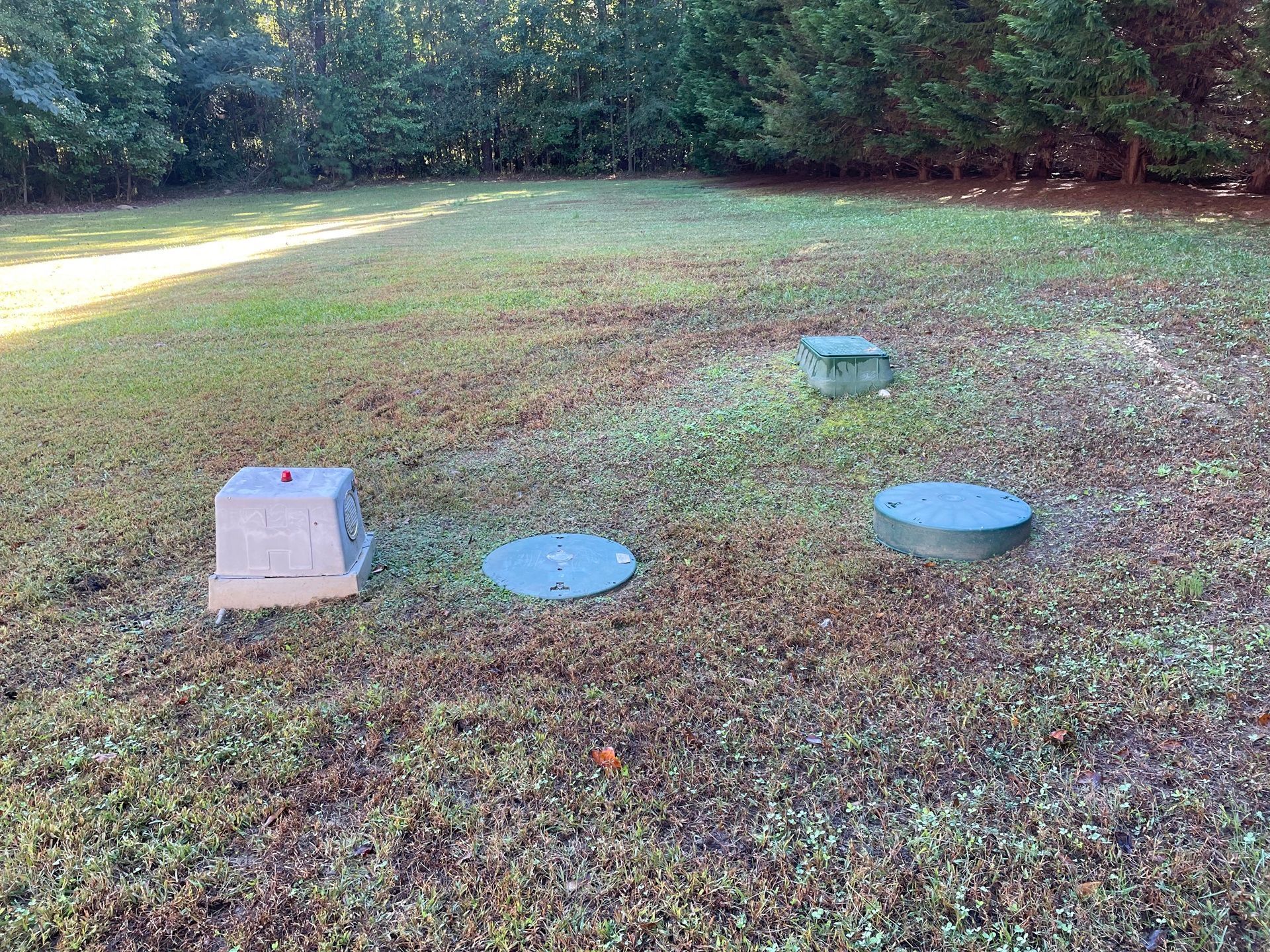Get in touch
404-788-3474
asmseptic@gmail.com
Email Us on: asmseptic@gmail.com
Call or Text: 404-788-3474
Holding Tanks vs. Septic Tanks: Choosing the Right System for Your Property
Septic systems are an integral part of any residential or commercial property not connected to a public sewer system. They are responsible for treating wastewater and ensuring that it is safe for the environment.
The two main types of septic systems are holding tanks and septic tanks, and understanding the differences between them is crucial for efficient septic management:
What Are Holding Tanks?
Holding tanks are a type of septic system that stores all the wastewater in a large tank until it is pumped out thoroughly by a septic company. Unlike septic tanks, holding tanks do not have any outlet pipes or drain fields. As the name suggests, holding tanks are designed to hold wastewater until it is removed from the tank and transported to a treatment facility. Holding tanks are typically used where soil conditions are unsuitable for septic systems or without access to a public sewer system.
What Are Septic Tanks?
Septic tanks are a type of septic system that makes use of natural processes to treat and dispose of wastewater on-site. A septic tank is a massive, underground tank typically made of concrete or fiberglass. Wastewater from the property flows into the tank through an inlet pipe, where it is held for a while. During this time, solids settle at the bottom of the tank, while oils and grease float to the top. The liquid in the middle layer is drained from the tank through an outlet pipe and into a drain field.
Differences in Design
The main difference between holding tanks and septic tanks is the way they are designed. Holding tanks are designed to hold wastewater until a septic company removes it from the tank. They do not have any outlet pipes or drain fields. Septic tanks, on the other hand, are designed to treat and dispose of wastewater on-site. They have outlet pipes that drain the liquid in the middle layer of the tank into a drain field, where it is treated further by the soil.
Maintenance and Costs
Both holding tanks and septic tanks need regular maintenance to ensure they are functioning properly. Holding tanks require more frequent pumping than septic tanks, as they do not have a drain field to disperse the wastewater. The cost of holding tank pumping is typically higher than pumping a septic tank. However, the cost of a septic system installation is usually higher than that of a holding tank.
Environmental Impact
Septic tanks are considered more environmentally friendly than holding tanks because they use natural processes to treat wastewater on-site. When functioning properly, septic systems release treated wastewater into the soil, where natural processes further treat it. Holding tanks, on the other hand, store wastewater until it is transported to a treatment facility. This can further increase the risk of spills and leaks, which could have a negative impact on the environment.
Choosing the Right System for Your Property
Selecting the right septic system for your property depends on several factors, including soil conditions, property size, and the number of occupants. If soil conditions are unsuitable for a septic system, a holding tank may be the only option. However, if the property is large enough and has suitable soil conditions, a septic system may be a more cost-effective and environmentally friendly solution.
Conclusion
Understanding the differences between holding tanks and septic tanks is crucial for efficient septic management. Both systems have their own set of advantages and disadvantages, and choosing the right system for your property depends on several factors. Regular maintenance is essential for both systems to ensure they're functioning properly and to prevent costly repairs.
By choosing the right septic system and maintaining it properly, property owners can ensure that their wastewater is treated and disposed of safely and efficiently.
Alternative Septic Management, Inc. is a dependable and expert business that delivers outstanding alternative septic solutions for both residential and commercial properties. Our skilled team provides tailored services to meet your specific requirements, making sure that your septic system operates at its best. Get in touch with our team of professionals today for expert
septic solutions!
Alternative Septic Services For Residential And Commercial Systems Requiring Alternative Septic Systems.
Quick Links
Our Services
Septic Installation
Septic Repair
Septic Inspection
Air Compressor Maintenance
Pump Maintenance
Get In Touch
Mobile: 404-788-3474
Email: asmseptic@gmail.com
Address: 3295 Fannie Thompson Rd. Monroe GA 30656
Copyright 2025 © All Rights Reserved. Alternative Septic Management, Inc.

